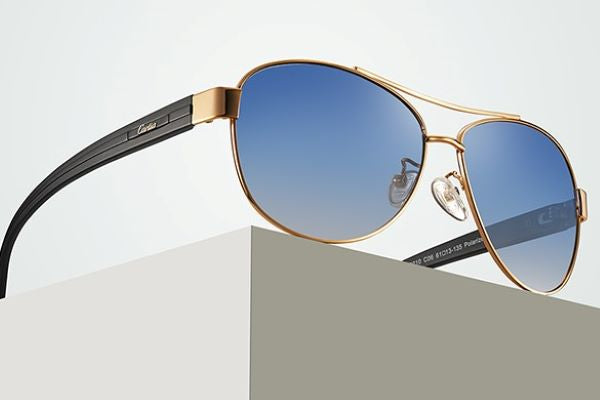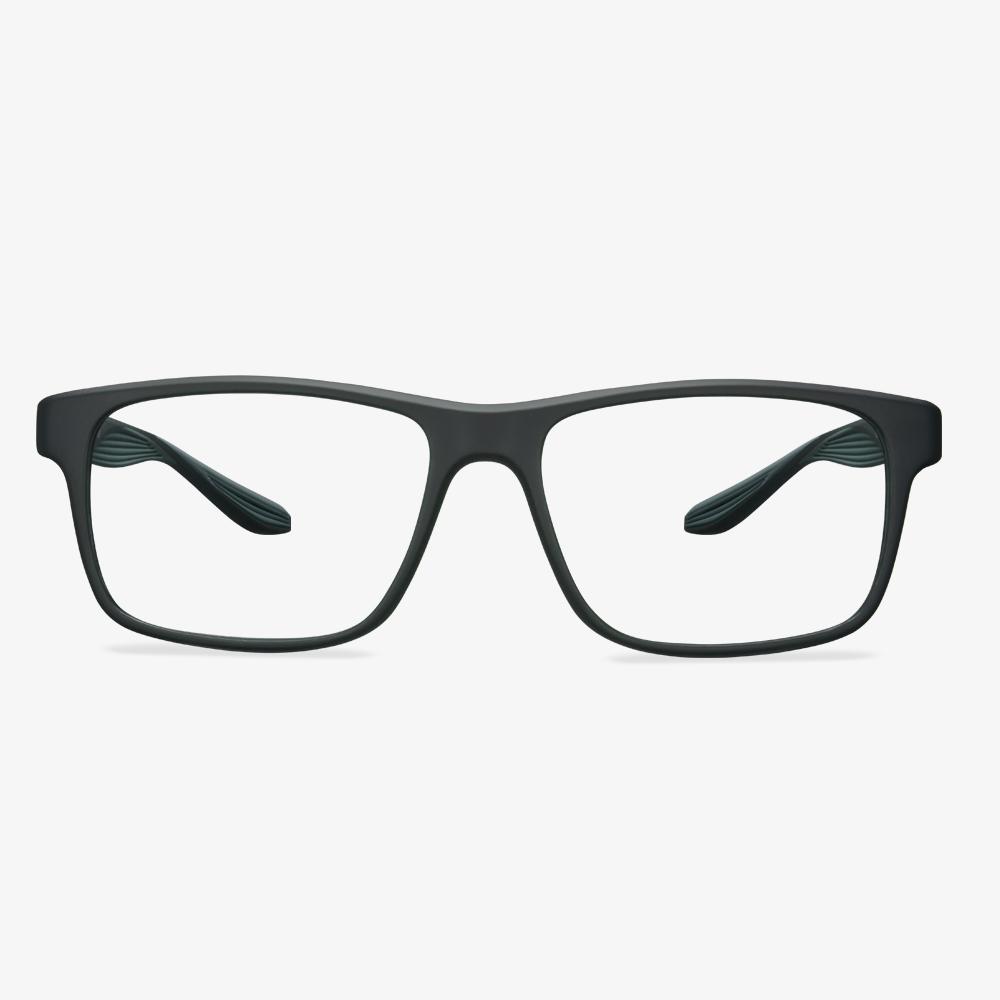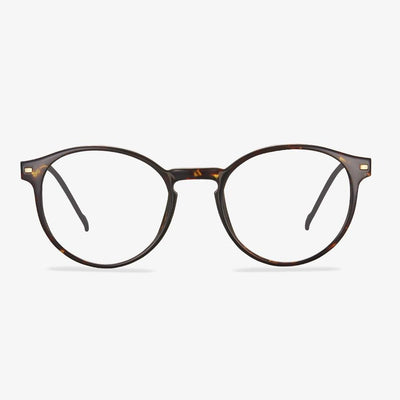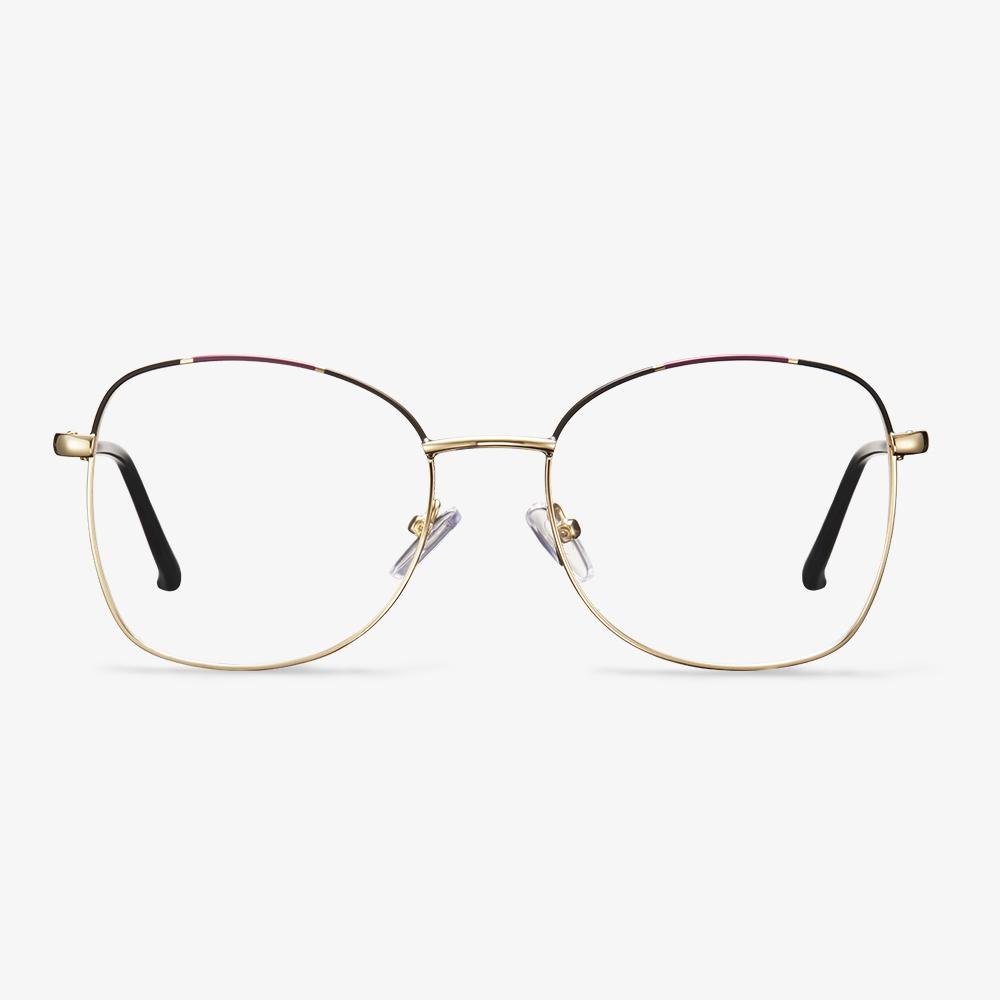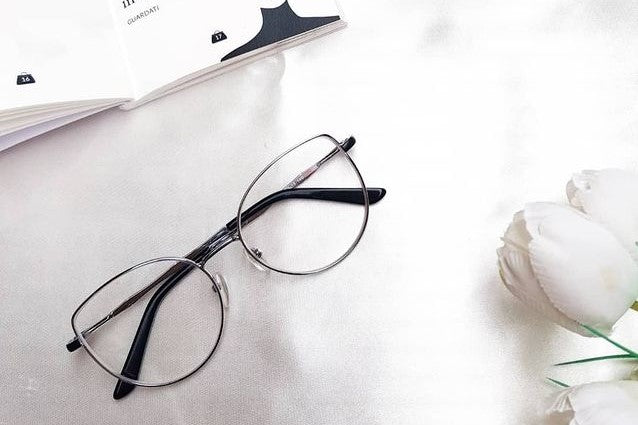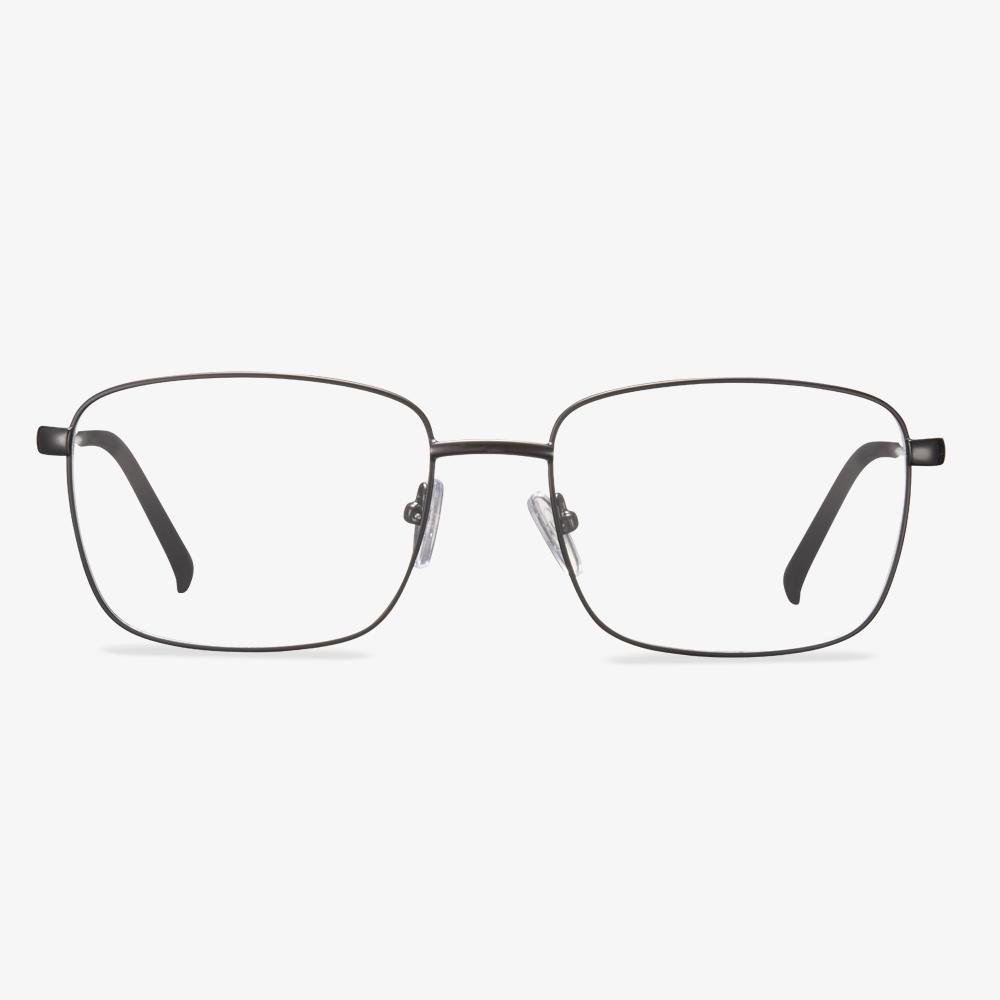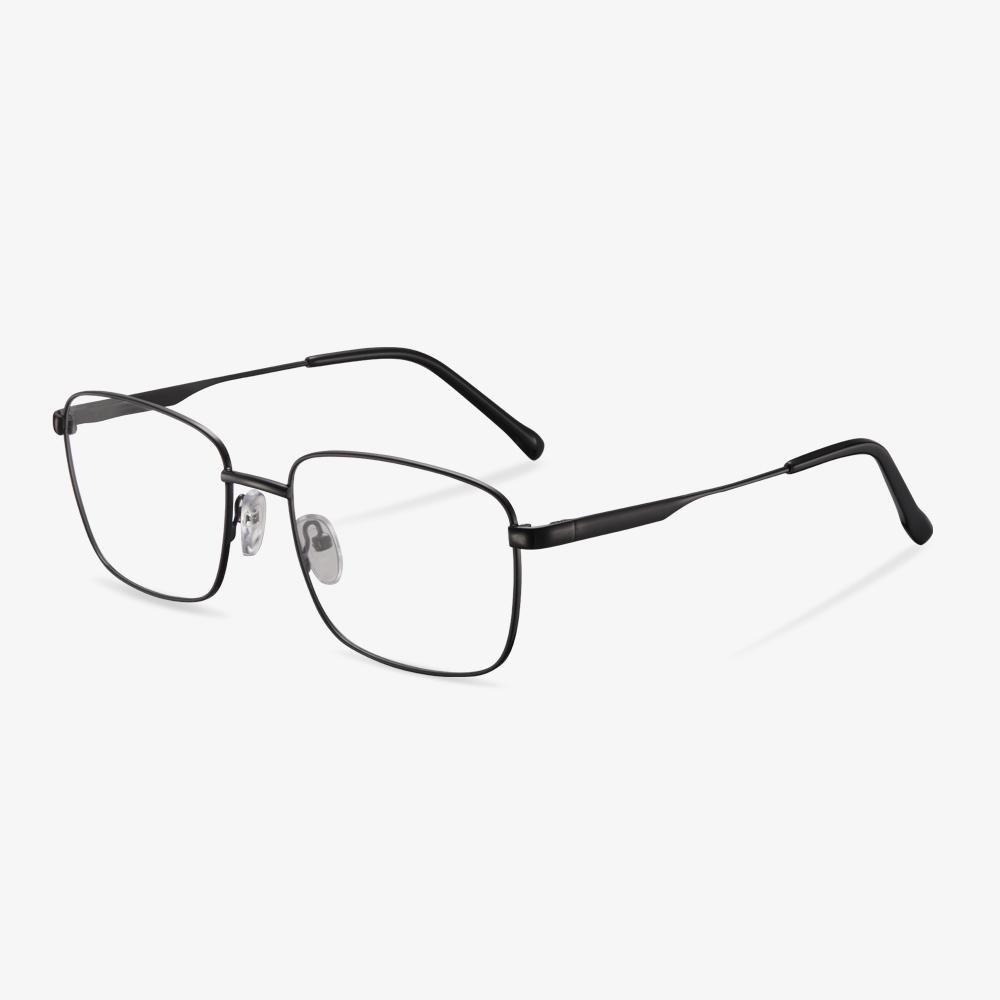What Are Progressive Lenses?
Your eyes change with your age. When your reach your 40s, you may find that it is difficult for you to focus between a book, a website on a computer screen and the conference room whiteboard. Progressive lenses are growing in popularity among people who need help seeing near, far and in-between.
Progressive lenses have grown in popularity and are one of the most common solutions to treat vision loss that occurs with age or presbyopia. Progressive lenses have a seamless increase in magnification from the top to the bottom of the lens, helping you see clearly at all distances with just one pair of glasses. The top portion of the lens enables you to see the far-away objects, the middle portion of the lens enables you to focus on the intermediate objects and the bottom to see objects close-up. The prescription changes little by little across the lens surface providing a gentle transition.
After knowing what the progressive lenses are, do you know what are the pros and cons of progressive lenses? If not, keep on your reading and we will show you some information.
How to wear clear frames with style?
A square face is all about softening the lines of the face, so it works well with round frames. The person with a long face should choose a bit bigger frame. It can make the proportion of the face-up and down more harmonious. The oval face is the standard face shape, and any frame is suitable. People with round faces are similar to those with square faces. If you have a round face, you can choose a square frame instead of a round frame, which will only make your face look rounder. The most important feature of a diamond face is high cheekbones, so choose a thick frame to visually weaken the cheekbones. For the triangular face, people can choose the frame of a half-frame design. Since the upper part of the face will be smaller in this shape, a half-frame design is necessary to balance the proportions.
Disadvantages of Progressive Lens
There are deformation areas under the left and right sides of the lens, which make the image blurry and irregular. It takes 1-3 weeks to get used to it. In addition, it has a narrower field of view in the near and middle distances, and long-term concentration on the narrow focal point can easily make the eyes tired. Suitable for people who need to alternate between distant, medium, and near vision.
However, with the development of science and technology, more and more progressive multifocal glasses have emerged that have a wider field of view, more comfortable wearing, and better meet the needs of eyes. Nowadays, the use rate of progressive lenses among middle-aged and elderly people abroad is quite high. Single-lens and double-lens reading glasses are gradually being replaced by progressive multifocal glasses.
About industrial pure titanium
For the industrial pure titanium, titanium content is not less than 98%, containing a small amount of oxygen, nitrogen, hydrogen, carbon, silicon, and iron impurities such as dense metal. The labels are TA1,TA2,TA3,TA4. It's arranged by more and more impurities. The TA1 titanium content is more than 99.5%, and the price is not high. But no matter which links, for molding, welding, polishing, processing difficulty is very great.The price of almost all titanium alloys in the national standard is higher than that of pure titanium.
In reality, the price of β titanium is higher than pure titanium. Pure titanium is almost no elastic, but β titanium is not only elastic, and has the advantages of ultra-light corrosion resistance. β titanium does not have a specific composition. Memory titanium can cost tens or even tens of times as much as pure titanium.
Using memory alloy to make glasses frame is the use of its superelastic characteristics at a certain temperature (elasticity is several times that of stainless steel) and did not use its memory function. Compared to beta-titanium, memory titanium is so difficult to process. It is so elastic that shaping is difficult and impossible at room temperature, and memory titanium heat treatment is another difficult and even secret process.
Blue light in natural light
Blue light is not the unique light emitted by electronic products, but the visible light that exists in natural light, usually with a wavelength of about 400-500nm. The blue light in the entire waveband can be subdivided into two parts. One part will cause optical damage to the retina of the eye and accelerate the oxidative senescence of cells in the macular area of the retina. Usually, the wavelength of this part of blue light is between 415-450nm, and its damage to the eyes is gradually accumulated and formed. There is also a part of blue light that is beneficial to our human body, that is, blue light with a wavelength of about 480nm. It can adjust biological rhythms and is helpful for sleep, mood, and memory. In addition, experiments have confirmed that daily outdoor activities in the sun can effectively prevent the occurrence of myopia, and short-wavelength blue light may play an important role.
When should I use blue light glasses?
Most of us spend a few hours a day in front of a screen. Because so many people work on a computer all day, many people wear blue glasses in the office. At the same time, many American high school and college students spend hours a day on their computers and could benefit from blue light glasses.
The Advantages of Trivex Lenses
In this section, we will show you the benefits of the Trivex glasses.
- Trivex lenses provide high impact resistance so they can minimize the risk of injury among those who have an active lifestyle.
- Trivex lenses are light because they have a lower density ratio than other plastics. Hence, it would not slip down from your nose
- Trivex lenses are thin so they enhance comfort because they have a slimmer profile.
- Trivex glasses have a high Abbe value that offers a clean and sharp vision. This feature can be more important for those whose prescription powers are stronger but who don’t want to sacrifice visual clarity.
- Trivex lenses provide 100% UV protection from harmful sun’s UV rays.
- Trivex lenses are internally stress-free. This means that such lenses have a lower chance of breaking when under pressure, like from thick frames.
- Trivex lenses are able to resist to many chemicals including acetone. It performs better in chemical resistance than some of its other competitors.
















